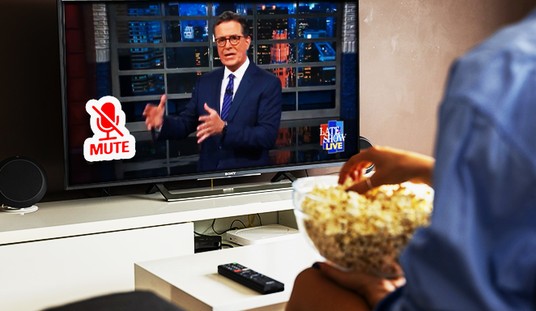When Syed Rizwan Farook and his wife Tashfeen Malik murdered 14 people in San Bernardino, California in 2015, authorities were desperate to see if the pair had communicated with anyone else. Was there a wider network involved in the attack? Were they planning other attacks? In the process of the investigation, the FBI discovered an iPhone 5C which Farook and Malik had been given through work. The FBI was given consent by Farook’s former employer to search the phone, but the security prevented investigators from accessing its contents. FBI Director James Comey announced, “We still have one of those killer’s phones that we have not been able to open.”
Apple refused to help.
In fact, even after a federal judge ordered Apple to unlock the terrorists’ phone, the company refused. Apple claimed there was no back door to its software and thus, they could not be forced to work to crack it. Doing so, Apple suggested, would lead to a loss of privacy for all of its customers. Apple CEO Tim Cook said, “the U.S. government has asked us for something we simply do not have, and something we consider too dangerous to create. They have asked us to build a backdoor to the iPhone.” At the time, Republican front-runner Donald Trump even suggested boycotting Apple unless they agreed to help.
Apple never did unlock the phone. Perhaps the battle in court would have continued, but about 5 weeks later, in late March 2016, the FBI announced it had unlocked the phone.
This was not a one-time thing. When Devin Patrick Kelley murdered 26 people at a small church in Texas earlier this month, investigators discovered his iPhone. Once again, the FBI announced it was unable to gain access to the dead man’s phone. FBI Special Agent Christopher Combs said during a press conference, “I can assure you that we are working very hard to get into the phone and that will continue until we find an answer. I don’t know how long that is going to be.” He added, “It could be tomorrow, it could be a week, it could be a month.”
With all that in mind, consider how flexible Apple is when it comes to government access to phones in communist China. From the Hill:
Apple told senators that capitulating to the Chinese government’s ban on certain privacy apps would help the iPhone continue to “promote greater opennness [sic] and facilitate the free flow of ideas and information.”
The comments came in a written response to Sens. Patrick Leahy (D-Vt.) and Ted Cruz (R-Texas), who asked the firm in October why it had removed virtual private network (VPN) apps from its Chinese app store.
PN apps skirt surveillance efforts, including China’s rigid censorship regime. China now requires VPNs to cooperate with its internet filters.
So China passed a law preventing people from using unregistered (unmonitored) VPN’s on their phones and Apple’s response is, ‘Hey, gotta obey local laws.’ Here’s Apple’s full response. It reads in part, “We are convinced that Apple can best promote fundamental rights, including the right of free expression, by being engaged even where we may disagree with a particular country’s laws.” But again, when a U.S. judge told Apple to unlock a dead terrorists’ phone, they said it was too dangerous to people’s privacy to even try.
Here’s Tim Cook back in February 2016 explaining the danger to people’s privacy. “This is not a position that we would like to be in,” Cook said. He continued, “To oppose your government on something doesn’t feel good. And to oppose it on something where we are advocating for civil liberties which they are supposed to protect, it is incredibly ironic.”








Join the conversation as a VIP Member